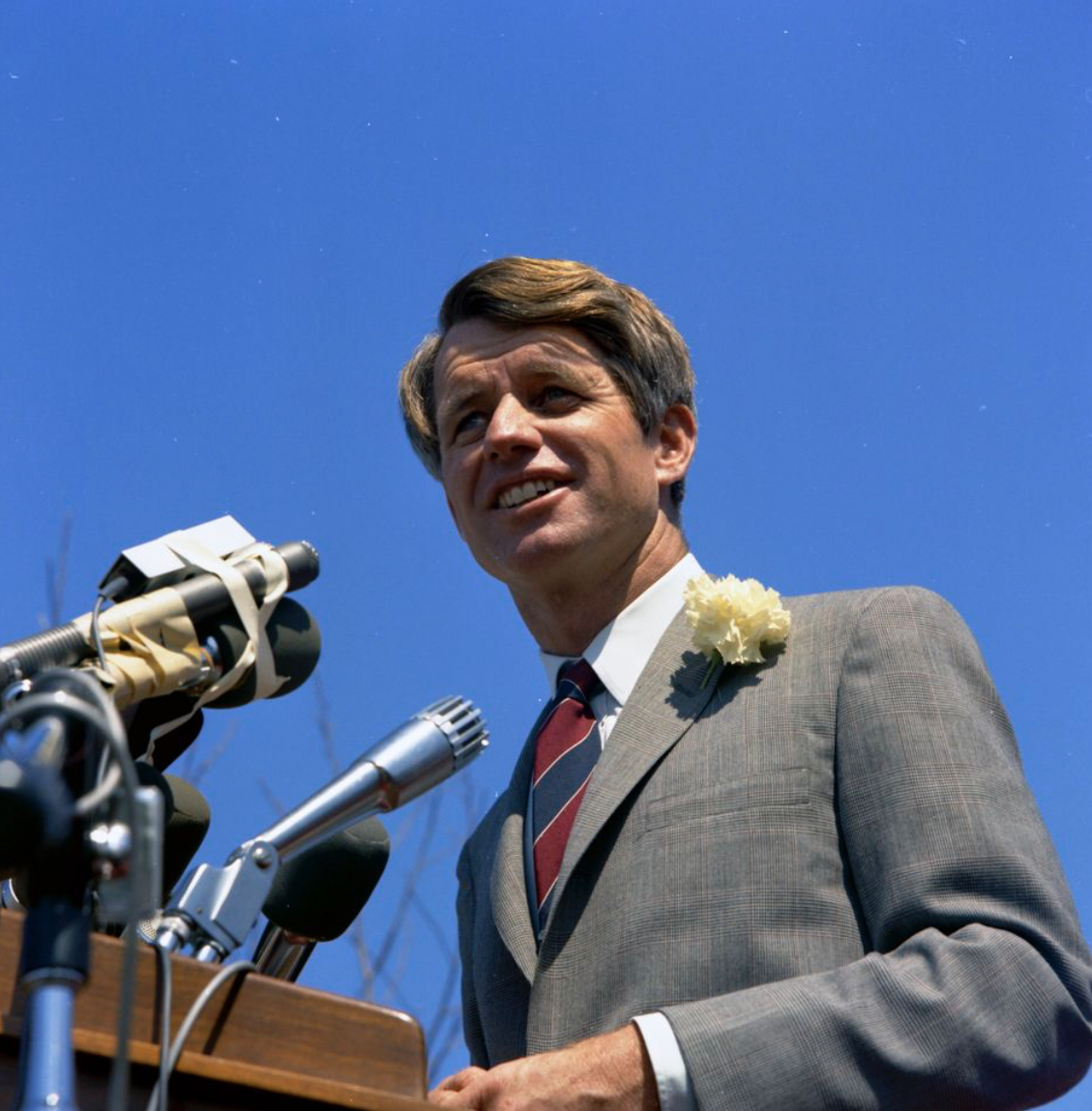The Assassination of Lord Louis Mountbatten
On August 27, 1979, a sunny day off of Mullaghmore Peninsula in County Sligo in Ireland meant good fortune for those who wanted to enjoy the last few weeks of summer. What began as a normal boat ride turned deadly when a bomb detonated by the Provisional Irish Republican Army killed Lord Louis Mountbatten, one of his grandchildren, a boat worker, and Doreen Bradbourne.
As a senior member of the British Royal Family, Lord Louis Mountbatten, 79, had spent his life in different facets of the government. Having served in World War II, as the Secretary of Defense, and the final viceroy to India, he was well connected throughout British society. As the great-grandchild of Queen Victoria, second-cousin to Queen Elizabeth II, and great uncle and mentor to Prince Charles, he was a prime target of the IRA dating back to the 1960s.
The Provisional IRA was a paramilitary group of Irish nationalists who reigned terror campaigns in an attempt to drive out British forces. They wanted the Republic of Ireland and Northern Ireland to reunite as one country.
Before his assassination, there were many attempts to kill him. In 1978, an attempt to shoot him on board of his boat, the Shadow V, but was abandoned due to water conditions. He was also advised not to visit Ireland during the summer of 1979 after the assassination of Airey Neave, the shadow Secretary of State for Northern Ireland by the IRA. Areas near the border of Northern Ireland were known to be a refuge for IRA members.
Despite the risks, Lord Mountbatten traveled without security detail despite the repeated threats. He once declared “Who the hell would want to kill an old man anyway?”
Mountbatten and some members of his family were on holiday at his summer home, Classibawn Castle near the Village of Cliffoney on August 27, 1979. The castle was only 12 miles from the border with Northern Ireland. After days of rainy weather, he and his family wanted to go onto his boat, Shadow V, to catch lobster and enjoy the weather.
Seven people boarded the boat including Lord Mountbatten. His daughter Patricia, her husband Lord John Bradbourne, their twin sons Timothy and Nicholas, Lord Bradbourne’s mother dowager Lady Doreen Bradbourne, and a family-friend who worked on the boat, 15-year-old Paul Maxwell.
At exactly 11:45 a.m. a bomb believed to be planted by the Provisional IRA was activated. The ensuing explosion immediate killed Lord Mountbatten, Nicholas, and Paul. The dowager Lady Bradbourne died the following day from her injuries. A witness said the explosion blew the boat into “smithereens.” The night before, the bomb was placed on the unguarded boat.
Afterward, the IRA claimed responsibility for the attack, saying in part: “The IRA claim responsibility for the execution of Lord Louis Mountbatten. This operation is one of the discriminate ways we can bring to the attention of the English people the continuing occupation of our country…” In their statement, they also spoke of how over 300 Irish men, women, and children were killed by British forces within the Republic of Ireland.
Two hours after the attack which claimed the life of Lord Mountbatten, 18 soldiers were killed in an explosion near Warrenpoint. The attack occurred close to the border with the Irish Republic. The subsequent attacks gave the IRA the greatest global exposure they’d ever had.
Lord Mountbatten’s death stunned the world, along with members of his family. Members of the British government were outraged, with British Prime Minister Margaret Thatcher took an “uncompromising” approach to handle IRA members. Prince Charles reportedly openly wept at the service. Prince Charles’ son and daughter-in-law, the Duke and Duchess of Cambridge, William and Kate, revealed in 2019 they named their youngest child in honor of Lord Mountbatten.
Provisional IRA bomb maker Thomas McMahon, 31, was found guilty of the attack upon Mountbatten and his family and was sentenced to life in prison. McMahon was released from prison as part of the Good Friday Agreement. Another IRA activist, Francis McGirl, 24, was acquitted. During the conflict known as the “Troubles” 3,600 people died. The conflict did not settle until the 1998 Good Friday Agreement.






